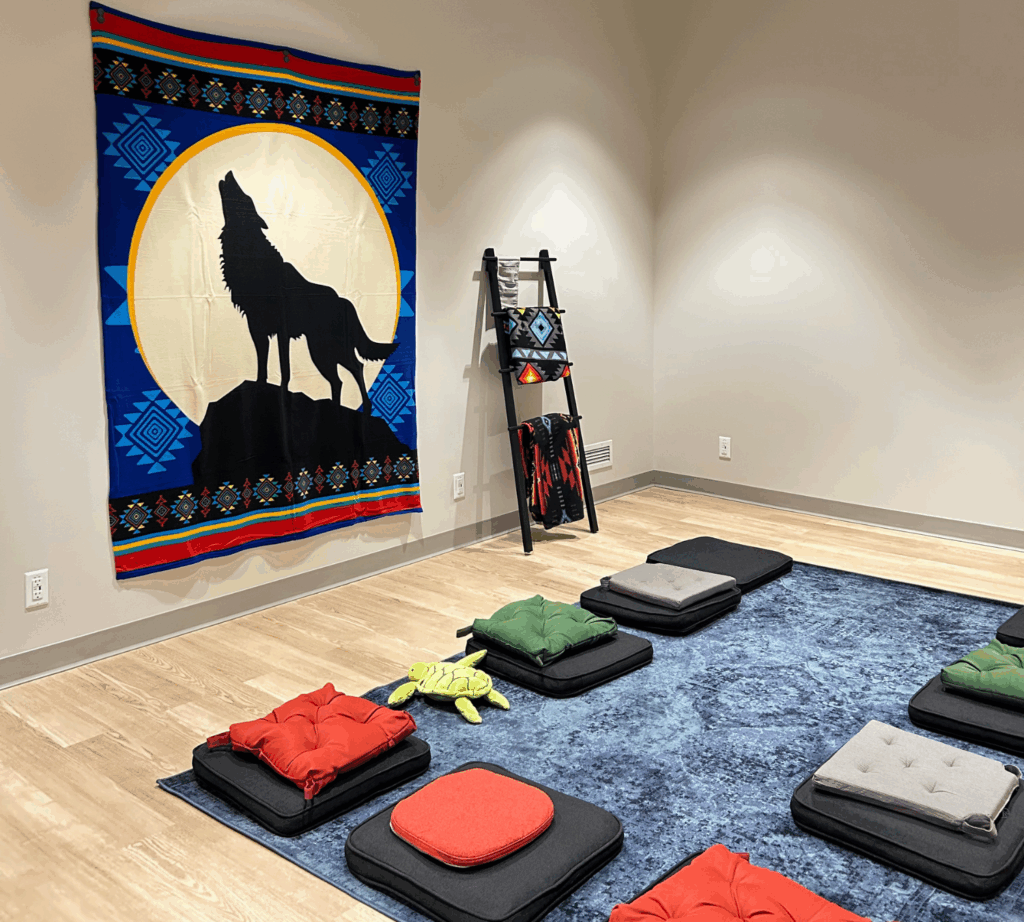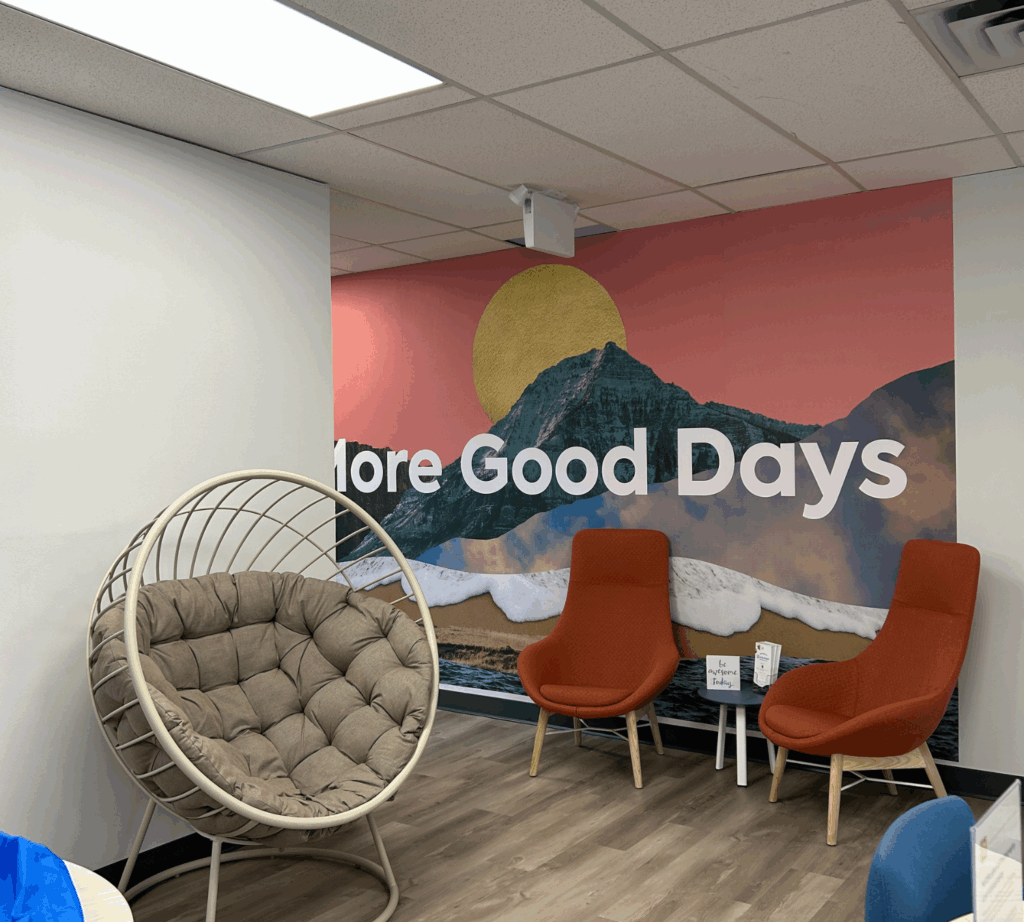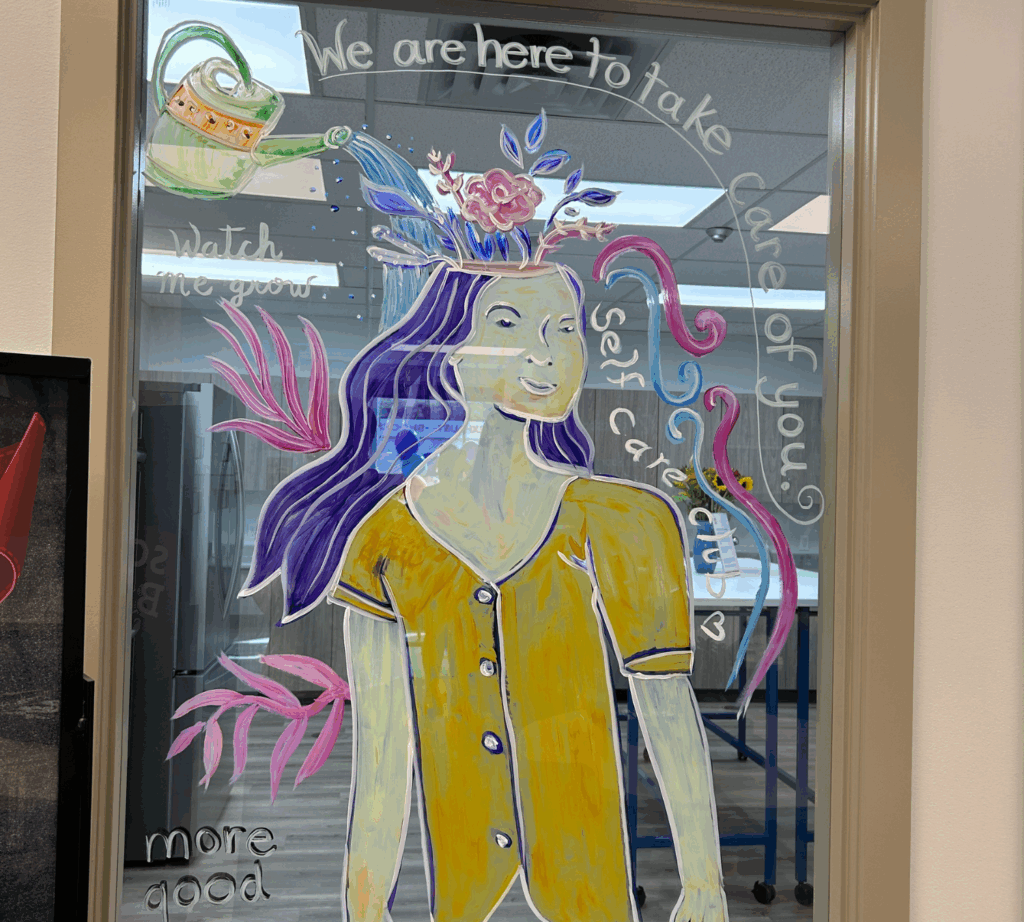On this year’s Truth and Reconciliation Day, September 30, 2025, many of us will hear and participate in land acknowledgements. These words, often spoken at the beginning of gatherings, meetings, or events, recognize the traditional territories, treaties, and unceded lands of Indigenous Peoples across Canada.
But land acknowledgements are more than words. They are reminders of truths that cannot be forgotten. The land we live on was taken. Indigenous children were taken from their families. Languages, ceremonies, and cultural practices were silenced. The residential school system left deep wounds, and its impact continues to echo across generations.
Intergenerational Trauma and Mental Health
When children were forced into residential schools, many never returned. Those who did came home carrying deep wounds. That pain did not end with them; it was carried into their families, their children, and their grandchildren. This is what is known as intergenerational trauma.
The effects show up in mental health: increased rates of anxiety, depression, substance use, and the heavy weight of grief that is passed down. Yet just as trauma can be inherited, so can resilience. Reconnecting with language, ceremony, community, and the land can create pathways of healing; not just for individuals, but for generations to come.
Healing and Reconciliation
Reconciliation is not a single day or a single statement. It is a commitment to listen, to learn, and to act in ways that honor Indigenous voices and support healing.
At Kickstand, we believe that every young person deserves a safe space to be supported; mentally, emotionally, and spiritually. Our work is guided by the understanding that reconciliation means creating space for Indigenous youth to heal, reconnect, and thrive.



Kickstand’s Calls to Action
In the spirit of the Truth and Reconciliation Commission’s Calls to Action, Kickstand is committed to:
Acknowledging the land we operate on and respecting the Nations who have cared for it for generations.
Supporting Indigenous youth with culturally appropriate and trauma-informed mental health services.
Creating space for Indigenous voices in our programs, partnerships, and storytelling.
Educating ourselves and our communities about the history and ongoing impacts of residential schools.
We know reconciliation is a journey, not a destination; and we are committed to walking that path alongside Indigenous communities.
Learn More & Take Action
If you would like to deepen your understanding of Orange Shirt Day, the Truth and Reconciliation Commission, and the history of residential schools, here are some resources:
Because every child matters.